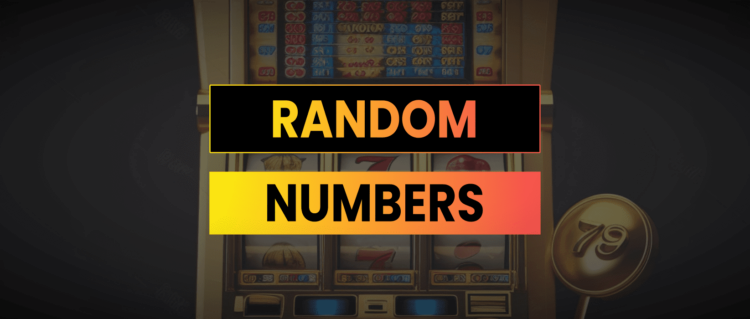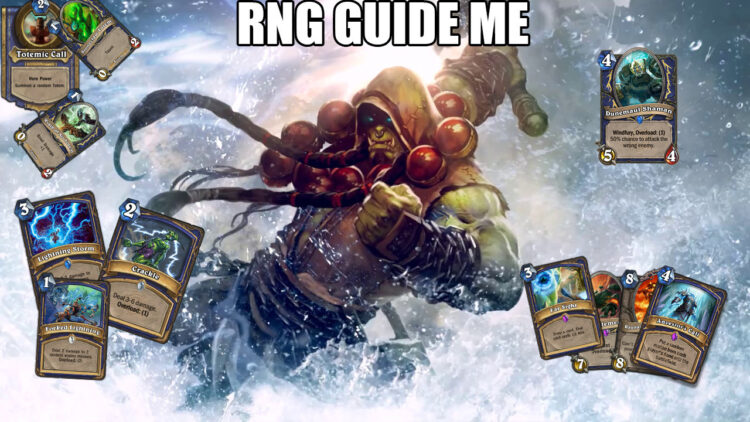In the vast universe of online gaming, the term RNG, or Random Number Generator, is a cornerstone. It’s the invisible hand that shapes our digital adventures, the unsung hero that ensures unpredictability, excitement, and fairness. But what exactly is RNG? And why is it so crucial in online gaming?
This guide will delve deep into the world of Random Number Generator, unraveling its mysteries and showcasing its significance in creating dynamic gaming experiences.
The Basics of RNG

At its core, a Random Number Generator (RNG) is a tool that produces sequences of numbers without any discernible pattern. In the realm of computing, achieving true randomness is a challenge. This is where the concept of “pseudo-randomness” comes into play. Pseudo-random numbers are generated using algorithms and initial seed values and can be seen at slotspx.com with modern slot machines. While they might appear random, they’re deterministic in nature, meaning if you know the algorithm and the seed, you can predict the sequence.
Types of RNGs in Gaming
RNGs in gaming can be broadly categorized into two: hardware-based RNGs and software-based RNGs.
Hardware-based RNGs, often referred to as True Random Number Generators (TRNGs), derive randomness from physical processes, such as electronic noise. They’re unpredictable and don’t rely on algorithms, making them truly random.
On the other hand, software-based RNGs or Pseudo-Random Number Generators (PRNGs) use algorithms to produce number sequences. Games like Minecraft use PRNGs, where the world generation is based on a specific seed value.
Both types have their merits. TRNGs offer genuine randomness, making them more secure, while PRNGs can be replicated, allowing for features like shareable game worlds through seed values.
Fairness and Balance

Random Number Generator plays a pivotal role in ensuring fairness. By introducing unpredictability, it levels the playing field, ensuring no player can predict or manipulate outcomes to their advantage. This unpredictability also discourages cheating, as outcomes aren’t fixed.
However, RNG can sometimes lead to “bad luck streaks.” It’s crucial to understand that these streaks are a natural outcome of randomness. Over time, and with a large enough sample size, these anomalies balance out.
Applications of Random Number Generator in Gaming
RNG influences various in-game elements. From the loot you find in games like “Diablo” to the critical hits in “World of Warcraft“, or even the unpredictable enemy behaviors in “Dark Souls”, Random Number Generator is at play. By introducing variability, game developers can craft diverse experiences, ensuring that no two gameplay sessions are identical.
RNG Algorithms and Implementation

Several algorithms power RNG in gaming. The Linear Congruential Generator (LCG) is one of the oldest and simplest. However, for more complex applications, algorithms like the Mersenne Twister are preferred due to their longer periodicity.
Implementing RNG in games is a delicate balance. Developers must ensure randomness while maintaining gameplay balance. Too much unpredictability can lead to player frustration, while too little can make the game stale.
Manipulating Random Number Generator: Myth vs. Reality
There’s a myriad of myths surrounding RNG manipulation. Some believe wearing certain in-game items or performing specific actions can influence outcomes. However, these are largely misconceptions. True Random Number Generator systems remain unaffected by player actions.
However, there are instances where developers intentionally introduce mechanics that allow players to influence RNG to some extent, adding another layer of strategy to the gameplay.
The Future of RNG in Gaming

As technology advances, so will RNG systems. Quantum computing, for instance, promises true randomness by leveraging the inherent unpredictability of quantum particles. Such advancements could revolutionize RNG, leading to even more dynamic and immersive gaming experiences.

